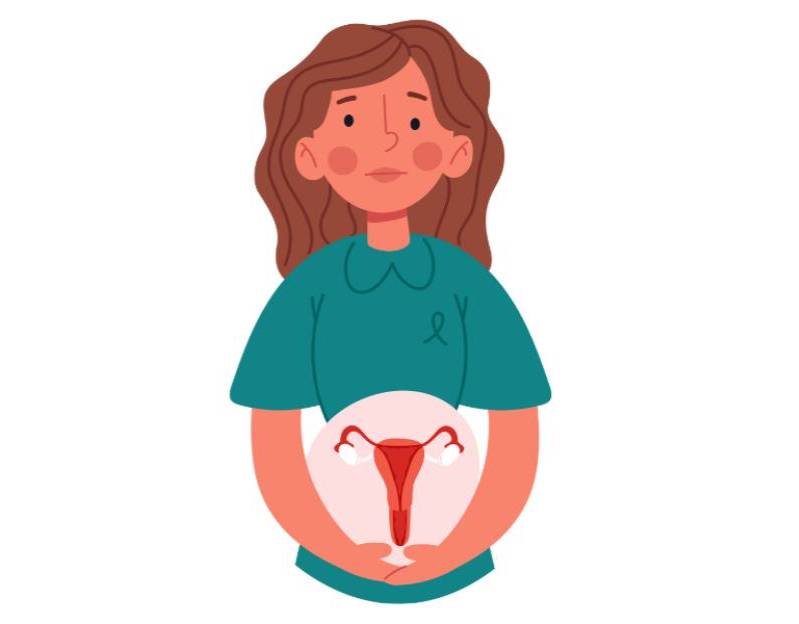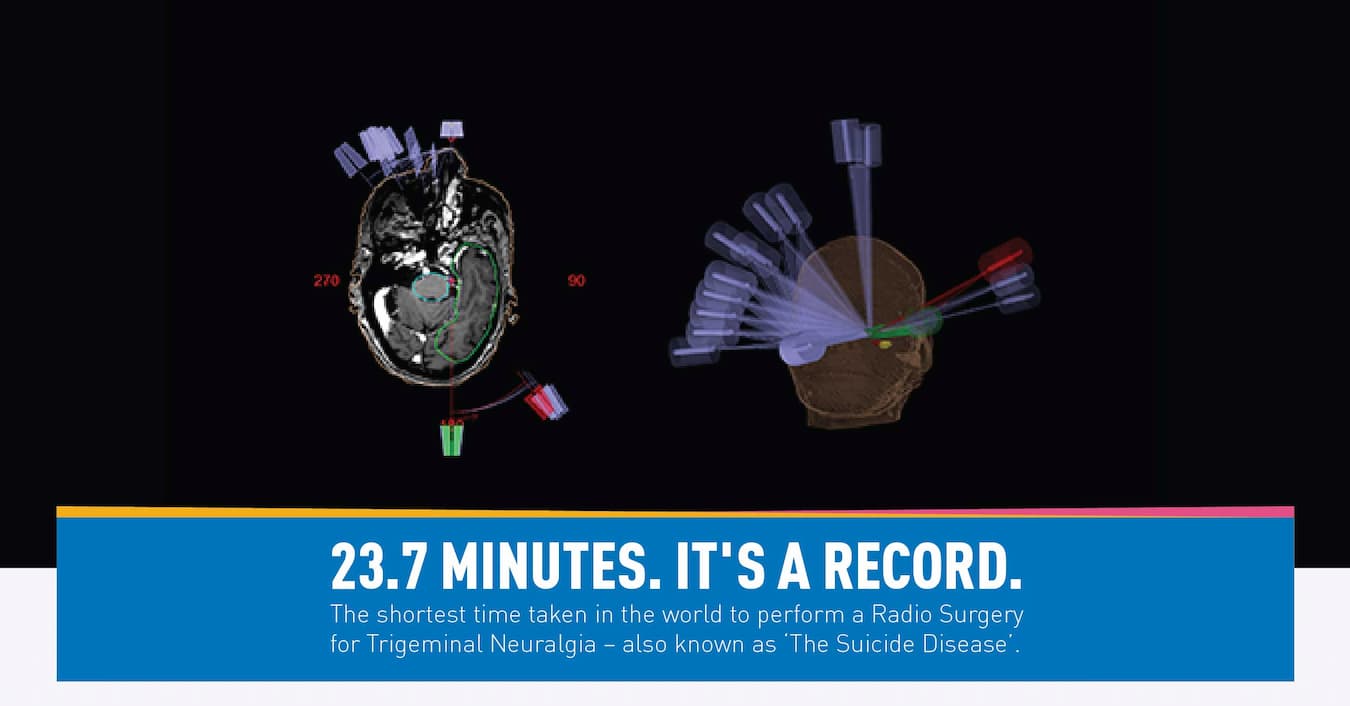
12 Nov, 2024

12 Nov, 2024

This article is medically reviewed by Dr. Nikhil Mehta, Consultant – Surgical Oncology, HCG Cancer Centre, Jaipur
Reports suggest that the risk of getting cervical cancer is high for Indian women, and it is so for various reasons.
A large percentage of cervical cancer deaths happen due to delayed diagnosis and late treatment, which are in turn caused by a lack of awareness.
As we mark January as Cervical Cancer Awareness Month, it is high time we make the women among and around us understand cervical cancer as a disease and use the right measures to reduce its risk.
Despite being the 4th most common cancer among women around the world and one of the most common cancers among Indian women, cervical cancer is a highly treatable type of cancer.
In developed countries, the incidence of cervical cancer is gradually decreasing due to increased awareness and proactiveness shown towards cervical cancer prevention and early detection through regular cervical carcinoma screening.
Among women in developing countries, awareness must be created, which will eventually help them learn and follow the measures to prevent cervical cancer.
As a first step towards cervical cancer awareness, women should know the common causes or the risk factors that may trigger cervical cancer development.
Almost 90% cervical cancers occur due to Human papillomavirus or HPV infection, which is a common infection of the reproductive tract in women. HPV infection is transmitted through sexual contact.
Most of these infections and the precancerous lesions that are caused by the infection clear up spontaneously. However, there are also chances of these HPV infections becoming chronic and the pre-cancerous lesions progressing to develop cervical cancer.
Apart from HPV infections, various risk factors could lead to an increased risk of cervical cancer. Below are the major risk factors or possible cervical cancer causes:
Women with weaker immune systems have a higher risk of getting cervical cancer.
Having HIV or other immunocompromised conditions may lead to increased cervical cancer risk.
“For instance, in women with a healthy immune system, it takes up to 15-20 years for cervical cancer to develop, whereas among women with a weaker immune system, it may take about 5-10 years. ”
Cervical cancer is the 2nd most common cancer in India, with larger percentages of cases coming from tier 2 and tier 3 regions of the country. A lack of awareness, delayed diagnosis, and limited access to advanced healthcare could be the possible reasons for the increased prevalence of this cancer.
Some of the important risk factors for cervical cancer include chronic HPV infection, compromised immune system, smoking, obesity, early sexual activity, use of oral contraceptives, and more.
Since it takes 15-20 years for the precancerous lesions to transform into cervical cancer, screening may be extremely helpful for women in early cervical cancer detection, which leads to its successful treatment.
Screening tests are taken by apparently healthy women, who show no symptoms of cervical cancer. Upon screening, if the HPV infections or precancerous lesions are detected, appropriate consultations and treatments will follow.
There are several screening tests for cervical cancer. A pap smear and colposcopy are the two commonly recommended cervical carcinoma screening tests:
100% cervical cancer prevention is not possible, as we do not know the exact cause of this cancer. Nonetheless, it is possible to reduce its risk with appropriate preventive measures.
HPV vaccination can reduce the risk of cervical cancer; it is recommended among women aged 9–45 years. However, it is still important for the women who are vaccinated to undergo cervical cancer screening, as vaccinations do not offer 100% protection.
Here is Dr. Nikhil Mehta talking about India’s first indigenous vaccine against cervical cancer:
Adopting certain lifestyle modifications can help women reduce their cervical cancer risk, and they include:
With regular screening and appropriate preventive measures, it is possible to reduce the cervical cancer risk.
Commonly recommended cervical cancer screening tests include a Pap smear and colposcopy.
The best cervical cancer preventive measures include preventing chronic HPV infection, adopting an active and healthy lifestyle, practicing healthy sexual practices, and refraining from tobacco and alcohol consumption.
Learning about the different cervical cancer risk factors and measures that reduce its risk can help women make empowering choices for their cervical health.
With the right measures, it is possible to reduce the risk of cervical cancer significantly. Multiple studies show that about 90% of cervical cancer cases are caused by chronic HPV infection. Therefore, one of the most effective ways to reduce your cervical cancer risk is to prevent a chronic HPV infection.
Apart from this, healthy lifestyle modifications and tobacco and alcohol abstinence can help reduce cervical cancer risk.

Dr. Nikhil Mehta
MBBS, MS (General Surgery), MCH (Surgical Oncology) Consultant – Surgical Oncology
Dr. Nikhil Mehta is a highly experienced surgical oncologist practicing at HCG Cancer Centre, Jaipur. With over 12 years of experience in oncology, his expertise lies in the management of a broad spectrum of cancers. Dr. Nikhil holds a fellowship in gastrointestinal and hepatopancreatobiliary oncology and thoracic oncology from the Tata Memorial Hospital, Mumbai. He adopts an evidence-based approach to treatment and strives to provide the best possible outcomes for his patients.
To book an appointment with Dr. Nikhil Mehta, please click here.
